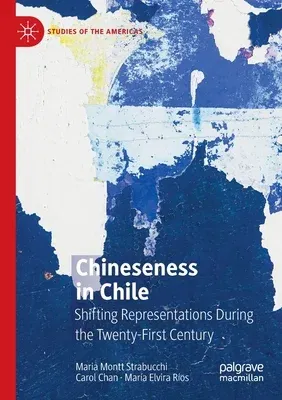Maria Montt Strabucchi
(Author)Chineseness in Chile: Shifting Representations During the Twenty-First Century (2022)Paperback - 2022, 17 December 2022

Qty
1
Turbo
Ships in 2 - 3 days
In Stock
Free Delivery
Cash on Delivery
15 Days
Free Returns
Secure Checkout

Part of Series
Studies of the Americas
Print Length
236 pages
Language
English
Publisher
Palgrave MacMillan
Date Published
17 Dec 2022
ISBN-10
3030839680
ISBN-13
9783030839680
Description
Product Details
Book Edition:
2022
Book Format:
Paperback
Country of Origin:
NL
Date Published:
17 December 2022
Dimensions:
21.01 x
14.81 x
1.35 cm
ISBN-10:
3030839680
ISBN-13:
9783030839680
Language:
English
Location:
Cham
Pages:
236
Publisher:
Series:
Weight:
303.91 gm